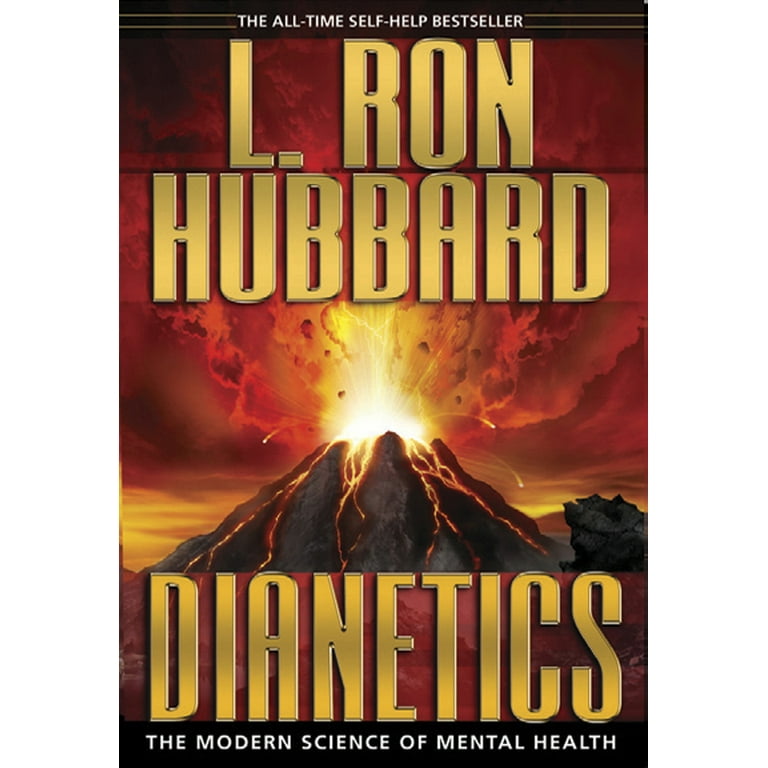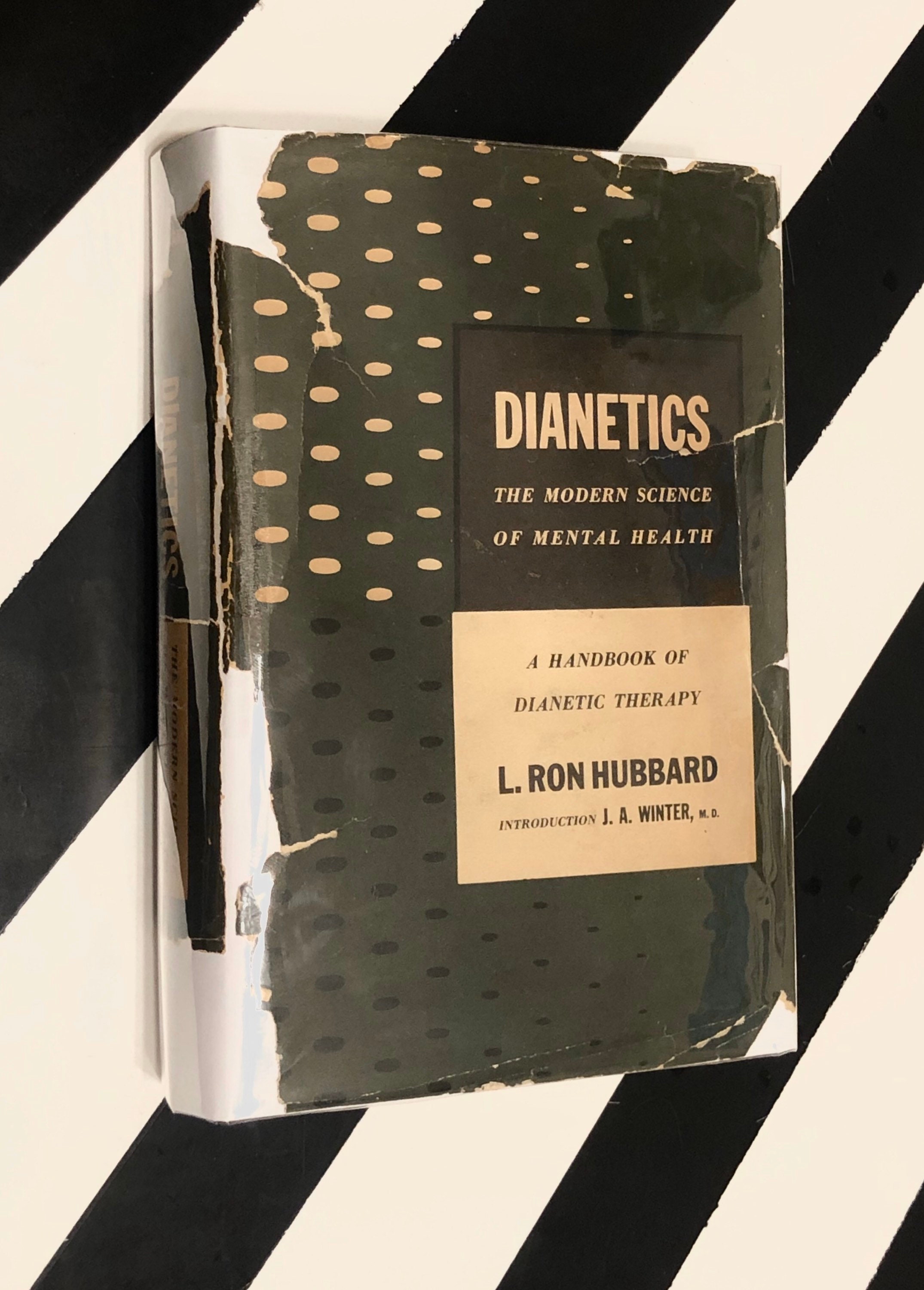6 Easy Facts About Dianetics Described
6 Easy Facts About Dianetics Described
Blog Article
Some Known Details About Dianetics
Table of ContentsDianetics Things To Know Before You Get ThisRumored Buzz on DianeticsFascination About DianeticsSee This Report on Dianetics
I could not ever not wish to obtain anything that enters your mind for you- if it was otherwise, I wouldn't be resting right here with you, doing this. I not only can never have a trouble, or otherwise want to listen to something that enters your mind for you, but I'm entirely eager to recognize every idea, every idea, every picture or feeling that arises or manifests for you- do not ever assume or else, and if for one reason or another you do, please just let me recognize! In some cases, you may have an idea, and picture, idea or incident turn up that does not appear to respond to the concern, or associate to it, but nevertheless, always do inform me regarding it, and as we proceed, the importance will arise for you.This is inherent in the basis of processing, and the subject of this conversation: the basic functions of the therapist and the client: The fundamental duty of the counselor is, contrary to "conventional training", not to regulate, which means to implement and/or hinder, but to instead work from the basis of EMPOWERING THE CUSTOMER.

All About Dianetics
John Mcmasters expressed this basic reality splendidly well in among his talks on Power processing, where he clarifies just how he was asked what this "special knack" was that he had for providing such great sessions; he had to consider that for a moment, and identified that it was what he had not been doing, in addition to what he was doing: he had not been examining, evaluating, computer, or in reality, producing any kind of thoughts, not to mention verbal expressions, after providing the command and while awaiting the PC to complete their solution to their fulfillment; he was, merely and only, existing with the computer, and completely interested.
The function of the counselor, demonstrated; that was his "unique flair". I have had my very own experience which instructed me this well, extremely early in the game. In 1982, having just recently completed my training and internship on New Period Dianetics, I was running this on a PC, and there was a point in the session where (being a little bit damp behind the ears not yet having lots of hours under my belt as a professional auditor) the computer seemed to be "taking too long" to express anything verbally after I provided him a command.
This trick ended up being one of the most beneficial contribution that John ever before made to the subject of therapy or auditing (Dianetics). In my simple opinion, it is the best contribution that any person has ever before made to these subjectsthe application is entirely non-judgemental, non-evaluative, and lacking any type of pointer, guidance or opinion.no preconditioned program for individuals, or 'levels' that they have to do
In Idenics, the only resource of information concerning a client is the specific client. In look at here now Scientology we prided ourselves on not assessing for individuals. All that really indicated was that the auditor did not VERBALLY review for the PC in session. The registrars and ethics police officers reviewed for the computer.
Some Known Details About Dianetics

Any person who had ever before seen John audit can not help yet notice a special quality in his auditing."The customer's basic duty is to be there with the purpose of relocating the instructions of their spiritual goals, and to openly and completely share and experience whatever manifests for them in answering company website the inquiries and implementing the directions in the processing.
This is something to procedure as needed. However also, people frequently have previous experience and/or indoctrination in auditing/processing which, in some methods, and to some extent, really misdirects them right into perspectives, concepts and actions patterns that protect against the full understanding of these roles, and so they will often tend to inhibit the expressing of what comes to mind, as in the instances provided above. * The initial, and probably leading instances of mis-indoctrination resulting in less than totally smooth and efficient sessions, can be located in particular facets of the training regimens, or "TR's":"TR's" are commonly an individual's initial, or at the very least early, experience in Scientology, and while I will certainly go on to discuss what I see as the imperfections in concept and practice, nonetheless, have a tendency to be greatly restorative, done as they are given (Hubbard urges that "TR's are not processing, they are training", however factually, they are both handling AND training)
Alan Walter made similar observations, and improved these with his "Existence Processes". There is no "flunking", and no rejection of the reality of this being processing. The focus, as it must be, gets on experiencing the other person's visibility. All the indications which obtain a "flunk" in doing "TR-0" are simply the being's efforts to resist the other person's presence, and instead of being pestered and nagged with "Flunk", which imposes "failure!" on the being, one just needs to be encouraged to "stick their feet in the water a little much deeper", to increasingly rehabilitate their capability and readiness to totally share and experience "being here", or "existence", with others.
The Main Principles Of Dianetics

Report this page